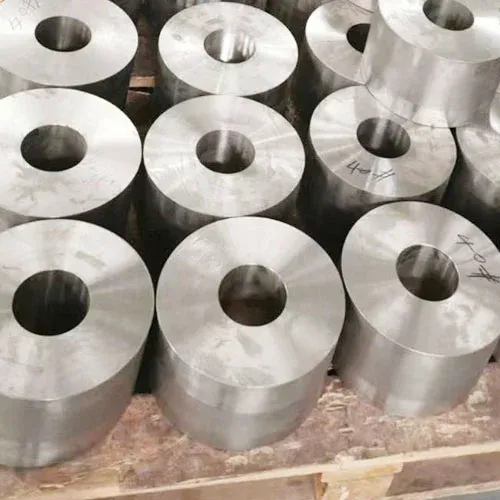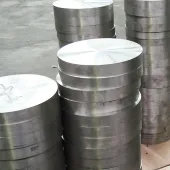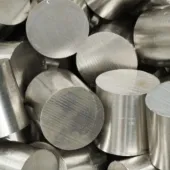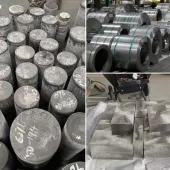
Why Special Titanium Alloys Are Essential for Aerospace Applications
In the aerospace industry, every component must meet strict standards for weight, strength, and reliability. Special titanium alloys have emerged as key materials in this field due to their unique ability to perform under extreme conditions where traditional materials often fail.
This article explores why special titanium alloys are indispensable in modern aerospace engineering.
Weight Reduction Without Compromising Strength
Weight is one of the most critical factors in aircraft design. Reducing the mass of components directly contributes to:
- Improved fuel efficiency
- Increased payload capacity
- Lower emissions
- Enhanced flight performance
Special titanium alloys such as Ti-6Al-4V and Ti-6Al-2Sn-4Zr-2Mo provide high tensile strength comparable to steel, but with nearly half the weight. This strength-to-weight ratio makes them ideal for load-bearing parts like:
- Wing structures
- Engine components
- Landing gear systems
Resistance to Extreme Temperatures
Jet engines and airframes are regularly exposed to temperatures exceeding 500°C. Not all metals can maintain mechanical properties at such extremes, but certain titanium alloys are specifically designed for these conditions.
Examples include:
- Ti-6242 and Ti-6246: Known for their thermal stability and creep resistance
- Ti-5Al-2.5Sn: Performs well in extended high-temperature service
These materials help improve both safety and longevity in high-heat zones, reducing the risk of fatigue failure.
Superior Fatigue and Creep Resistance
Aircraft components are exposed to repetitive stress cycles. Over time, materials may develop fatigue cracks, which can compromise structural integrity. Special titanium alloys offer:
- High fatigue strength
- Excellent creep resistance
- Resistance to microstructural degradation
This makes them suitable for rotating parts and pressurized systems that require predictable performance over thousands of hours of flight time.
Compatibility with Composite Materials
Modern aircraft increasingly use carbon-fiber composites to reduce weight. Titanium’s galvanic compatibility with these materials makes it ideal for hybrid assemblies. Aluminum, in contrast, corrodes rapidly when in contact with carbon composites.
As a result, titanium fasteners and brackets are often used to join composite structures, improving reliability and reducing maintenance.
Meeting Industry Standards
The aerospace sector demands full material traceability and compliance with international standards such as:
- AMS 4911 / AMS 4919
- ASTM B348 / B265
- AS9100 certified production
- NADCAP approved processes
Special titanium alloys are produced and certified under these strict guidelines to ensure their suitability for flight-critical components.
Conclusion
Special titanium alloys are not just an upgrade — they are a necessity for modern aerospace systems. Their unmatched combination of lightweight strength, thermal resilience, and fatigue resistance helps aircraft perform better, fly farther, and operate more safely.
At Titanium Seller leads, we provide aerospace-grade titanium alloys backed by full documentation and quality control. Reach out to learn more about our materials and custom supply options.
Quick Contact
Related Products
-

Comparing Popular Special Titanium Alloys for Industrial Use
Special Titanium Alloys
-

How to Select the Right Special Titanium Alloy for Your Project
Special Titanium Alloys
-

Special Titanium Alloys
Special Titanium Alloys